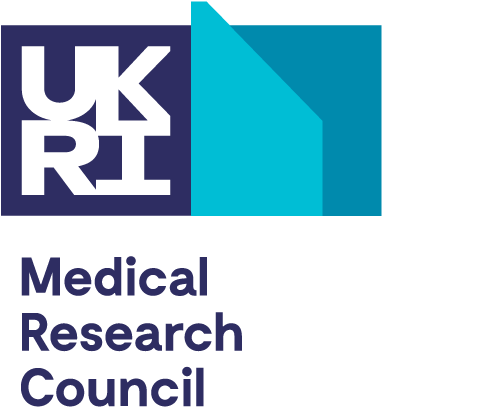All research funded by the MRC must be conducted to the highest standards of rigour and integrity throughout the research process, from initial planning to reporting and dissemination of results. We have developed various policies and resources to promote and support these high standards and commit to ensuring that our own internal processes and practices help to improve the reproducibility and rigour of the research which we fund.
Research integrity
Our commitments to research integrity and the responsibilities of researchers and research organisations are outlined in the following documents:
- The concordat to support research integrity
- RCUK policy and guidelines on the governance of good research conduct (PDF, 206KB)
- MRC good research practice: principles and guidelines.
In accordance with our commitments under the concordat we issue annual research integrity statements.
Contact for more information on research integrity
Dr Ivan Pavlov, Head of Preclinical Good Research Practice Policy
Email: ivan.pavlov@mrc.ukri.org
Rigour and reproducibility
It is critical that the published results of biomedical and health research are reliable and reproducible if they are to support further scientific progress or translation into new treatments, diagnostics or preventive interventions to improve health. In 2015 we jointly sponsored a symposium Reproducibility and reliability of biomedical research: improving research practice which identified some causes of irreproducibility and possible measures for improvement. We have reviewed our policies and processes and have introduced a number of changes aimed at promoting rigorous research and improving reproducibility. An update on what we and other funders have done following the symposium and can be viewed in Reproducibility update from sponsors.
Improved peer review of methodology in funding applications
As indicated in our guidance for applicants, applications for funding must include sufficient methodological detail to ensure that experimental design and statistical analysis plans can be properly reviewed, and an additional annex to the application form is now allowed to provide space for this extra detail. New guidance for reviewers and applicants has been developed to clarify what is required. A workshop on the importance of statistical methodology and experimental design is now part of the induction programme for new members of our Research Boards and Panels.
We have provided particularly detailed guidance and some worked examples (PDF, 60KB) of how experimental design issues should be addressed in applications for research involving animals, and encourage applicants to consider using the online Experimental Design Assistant developed by the NC3Rs.
Doctoral training requirements
MRC-funded PhD students are expected to receive a comprehensive programme of research and skills training. The Statement of Expectations for Postgraduate Training was revised in September 2016 and now includes a new requirement for training in experimental design and statistics and in the importance of ensuring research results are robust and reproducible. We are working with the leaders of MRC funded PhD programmes to identify good practice in training provision as well as perceived gaps and how to address them.
Reporting research results and availability of data
Greater transparency of methods and availability of data can make an important contribution to improving reproducibility. The MRC requires researchers that we fund to follow relevant reporting guidelines that have been developed to improve the design, analysis and reporting of experiments, such that readers can assess the robustness of the findings and reproduce the work if they wish. Examples are the ARRIVE guidance for animal research and CONSORT for clinical trials. The Concordat on Open Research Data sets out our expectations with regard to making data available, and we have recently updated our requirements for openness in relation to clinical and population health research (PDF, 171KB) and endorsed guidance on good practice in sharing individual patient data from publicly funded clinical trials developed by the MRC Methodology Hubs.
Quality control of experimental materials and procedures
The use of biological reagents and materials, such as antibodies and cell lines, can be a significant source of variability in biomedical experiments. Good laboratory quality control practices and the use of reliable resources such as cell and tissue banks with exemplary quality control can make an important contribution to promoting reproducibility, as can the use of specialist facilities. The MRC has supported a number of such resources and facilities which researchers are encouraged to use.
Research misconduct
The MRC takes all cases of research misconduct seriously and requires that allegations related to MRC funded research are investigated appropriately. Allegations of research misconduct against MRC staff are investigated in accordance with our policy (PDF, 309KB). Allegations relating to MRC-funded research carried out in Universities or other organisations should be reported to, and investigated by, the relevant employer. Research organisations must inform the MRC about allegations of research misconduct involving people in receipt of MRC funding or involved with the MRC in any other way (for example as a peer reviewer or a panel member), at the time they decide to undertake a preliminary investigation.
If you have any questions about how to raise a concern about research misconduct or wish to inform the MRC about an allegation under investigation please contact:
Dr Ivan Pavlov, Head of Preclinical Good Research Practice Policy
Email: researchintegrityleadmrc@mrc.ukri.org
Last updated: 12 May 2025


